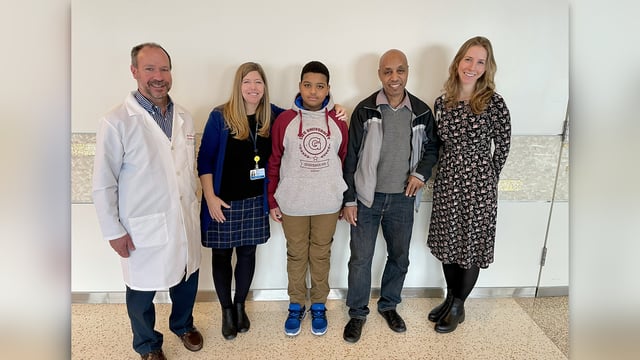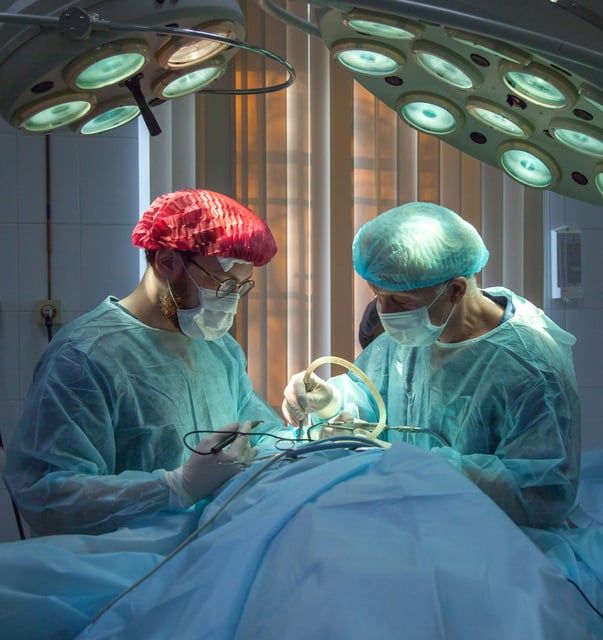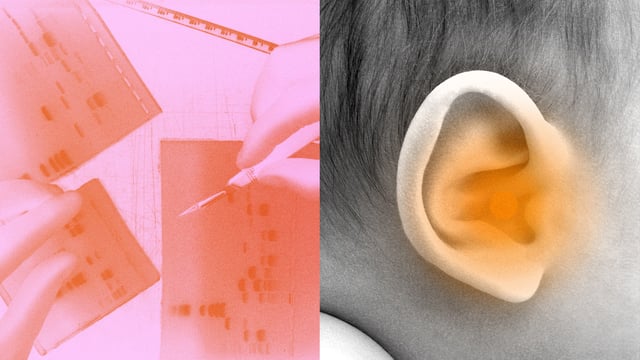Overview
- Experimental gene therapy has successfully restored hearing in several children born with inherited deafness, with studies conducted in both China and the United States.
- The therapy targets a condition that accounts for 2% to 8% of inherited deafness, caused by mutations in a gene responsible for an inner ear protein called otoferlin.
- Children treated with the therapy have shown significant improvements in hearing, with one 11-year-old boy able to hear sounds for the first time.
- Despite the success, questions remain about the longevity of the therapy and whether hearing will continue to improve in the treated children.
- Some consider gene therapy for deafness ethically problematic, as deafness does not cause severe or deadly illness like other conditions targeted by gene therapy.



